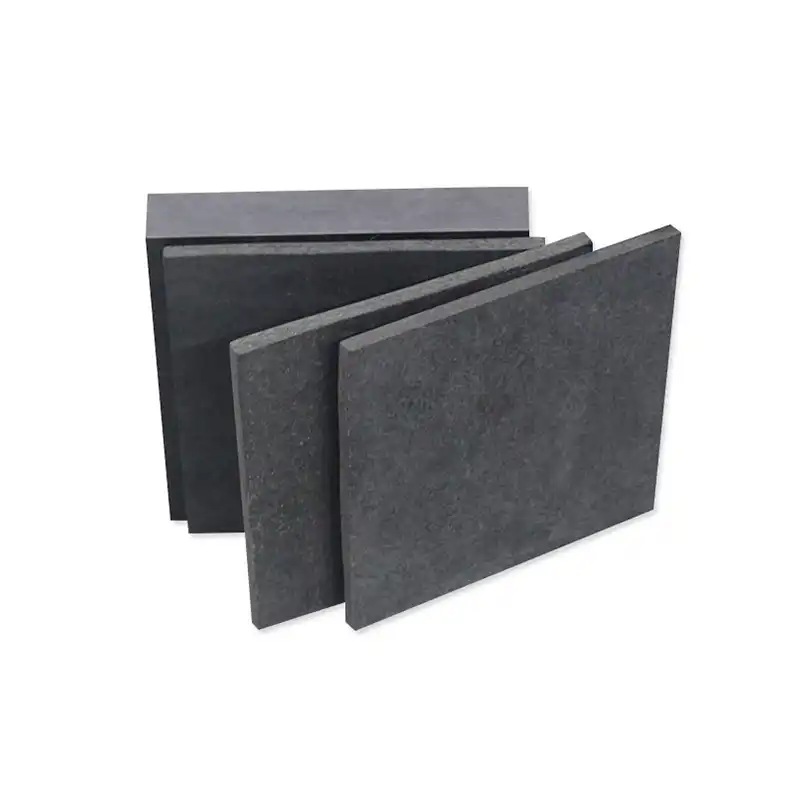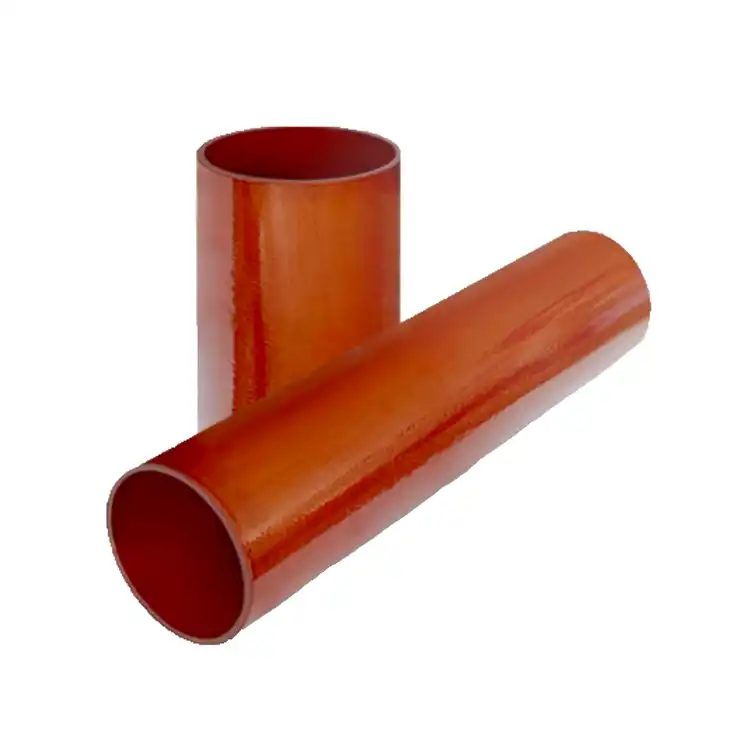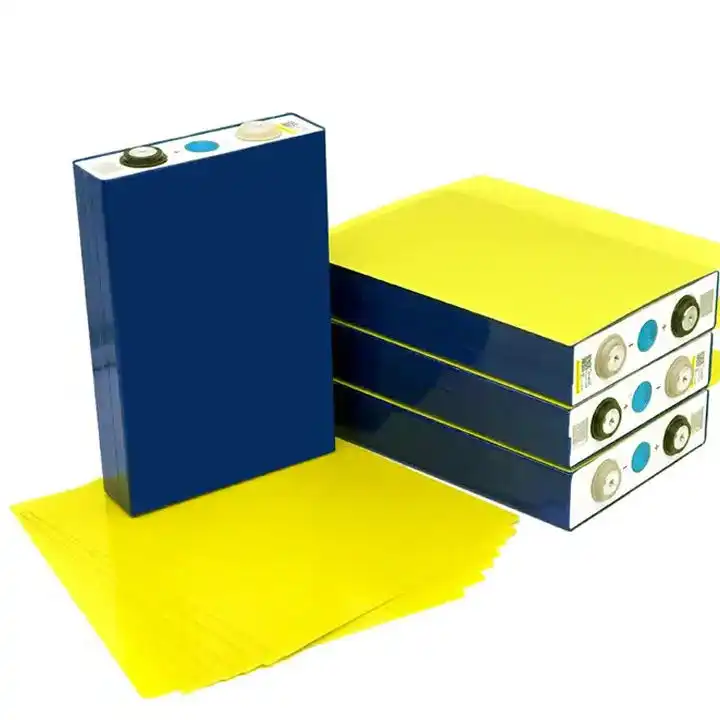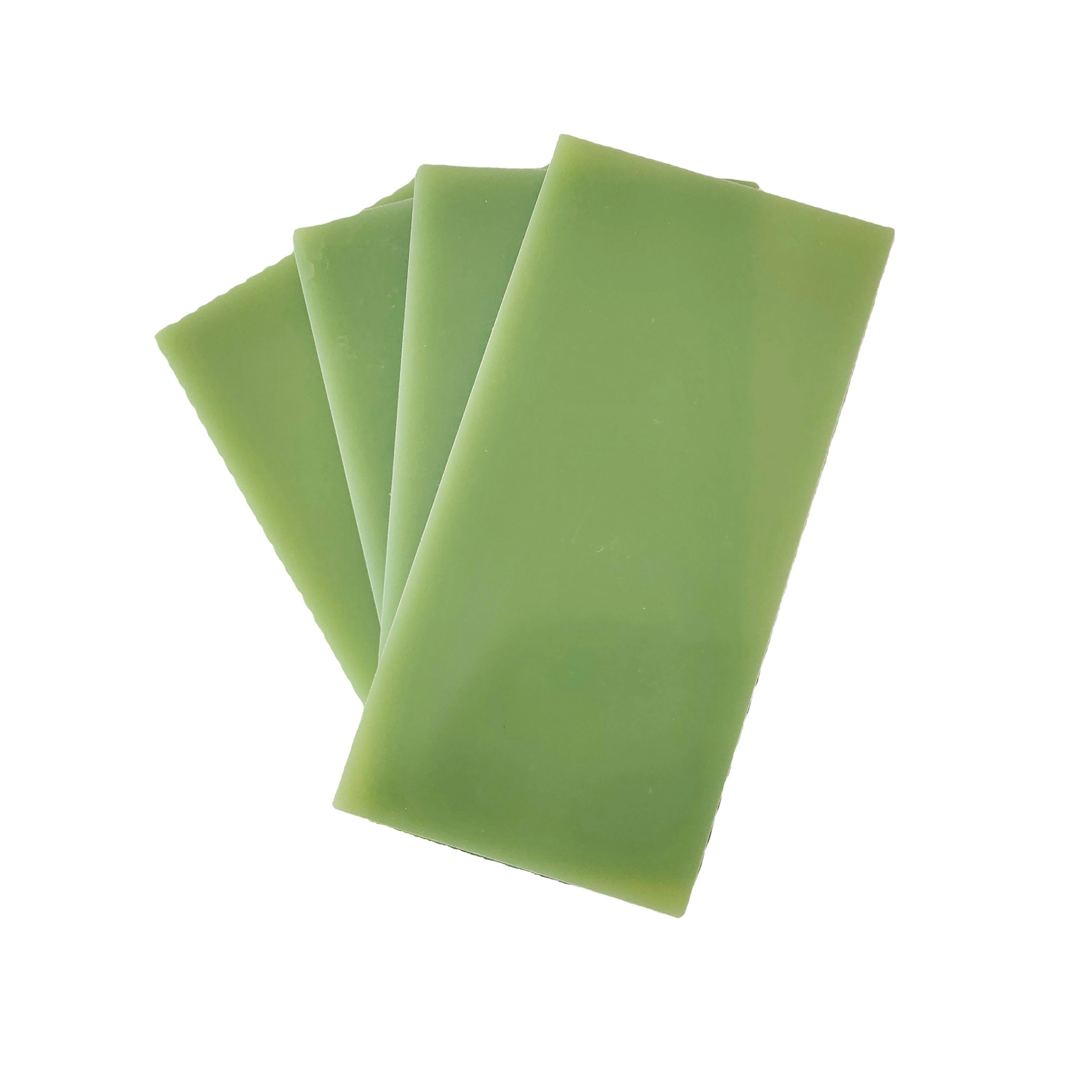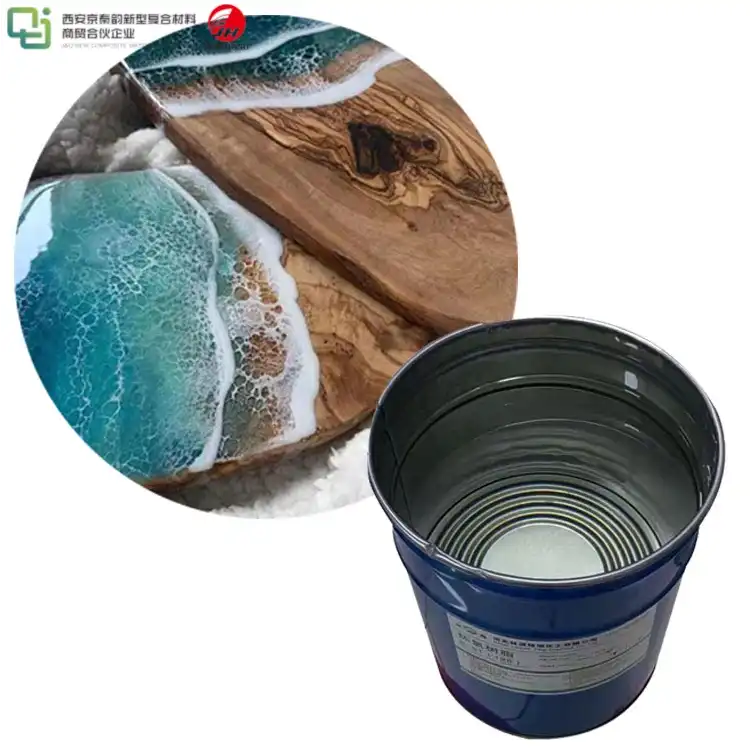What Are the Key Applications of Bakelite Board in Electrical Engineering?
2024-08-01 17:22:24
Bakelite board, a phenolic resin-based material, has been a cornerstone in the field of electrical engineering for over a century. Its excellent insulating properties, high mechanical strength, and resistance to heat and chemicals make it an ideal choice for a variety of electrical applications. This blog explores the key applications of Bakelite board in electrical engineering, delving into its roles in circuit boards, insulation, and high-voltage applications.
Why Is Bakelite Board Used in Circuit Boards?
One of Bakelite board's most important uses in electrical engineering is in circuit boards. The infrastructure that is required to connect and sustain a variety of electronic components can be found on printed circuit boards, also known as circuit boards or PCBs. These boards serve as the structural foundation of contemporary electronics.
The use of Bakelite board has the following benefits: insulating attributes Bakelite board's superior insulating qualities are one of the main reasons it's employed in circuit boards. It is vital to make sure that electrical currents in electronic equipment travel along the designated pathways without accidental short circuits or leakage. Because Bakelite is non-conductive, electrical conduction cannot pass through the board, preserving the circuit's integrity and functionality.
Thermal Stability
During operation, electronic components frequently produce heat, which can have an impact on a device's longevity and functionality. The ability of Bakelite board to sustain heat generation without warping, melting, or degrading is known as its thermal stability. In high-performance electronics, where temperature regulation is crucial, this is especially crucial.
Mechanical Strength
A strong and long-lasting substrate for attaching and joining electronic components is offered by Bakelite board. Because of its great mechanical strength, the board won't break or deform even under the physical strains of assembly, manufacture, and use. The longevity and dependability of electrical gadgets depend on this durability.
Cost-Effectiveness
In contrast to alternative PCB materials like fiberglass or sophisticated polymers, Bakelite board is comparatively more affordable. Its low cost makes it a desirable choice for many different electrical applications, ranging from industrial machinery to consumer electronics.
Ease of Manufacturing
In order to satisfy the unique needs of diverse circuit board designs, Bakelite board can be created in a variety of sizes and forms using a very simple manufacturing process. Because of its adaptability, engineers can create PCBs that are exactly suited to the requirements of their projects.
How Does Bakelite Board Provide Electrical Insulation?
Electrical insulation is a critical function in many electrical engineering applications, preventing unwanted flow of current and ensuring safety and efficiency. Bakelite board excels in providing electrical insulation due to its unique properties.
Non-Conductive Nature
The thermosetting plastic known as Bakelite is electrically non-conductive. Because it is inherently non-conductive, it is a great material for insulating electrical systems and components. Bakelite helps preserve the integrity of electrical circuits and guards against short circuits and electrical leaks by limiting electrical conduction through the material itself.
High Dielectric Strength
A material's dielectric strength is its capacity to bear high voltages without degrading. Because Bakelite board has a high dielectric strength, it can withstand high voltages without conducting electricity. In applications where high voltage is present, including transformers, switchgear, and another high-voltage equipment, this feature is essential.
Thermal Resistance
Parts of many electrical applications can produce a lot of heat. Because of its exceptional thermal resistance, Bakelite board can effectively insulate even at high temperatures. This feature is especially crucial in applications where heat management is a major concern, such motor insulation and high-power electronics.
Chemical Resistance
Because Bakelite board is chemically resistant, it can be used in hostile settings and still retain its insulating qualities. Because of its chemical resistance, Bakelite board can be utilized in industrial settings where workers frequently come into contact with solvents, oils, and other chemicals.
Versatility in Form Factors
Bakelite board is a versatile material for a range of insulation applications since it can be produced in numerous forms, including sheets, rods, and tubes. Because of its adaptability, engineers may utilize Bakelite in a variety of electrical systems, ranging from massive industrial machines to tiny electronic devices.
Durability and Longevity
Bakelite is renowned for its extended lifespan and strength. Because it is resistant to deterioration from mechanical stress and climatic factors, it can offer dependable insulation for a considerable amount of time. Because of their extended lifespan, electrical systems are more reliable overall and require less maintenance.
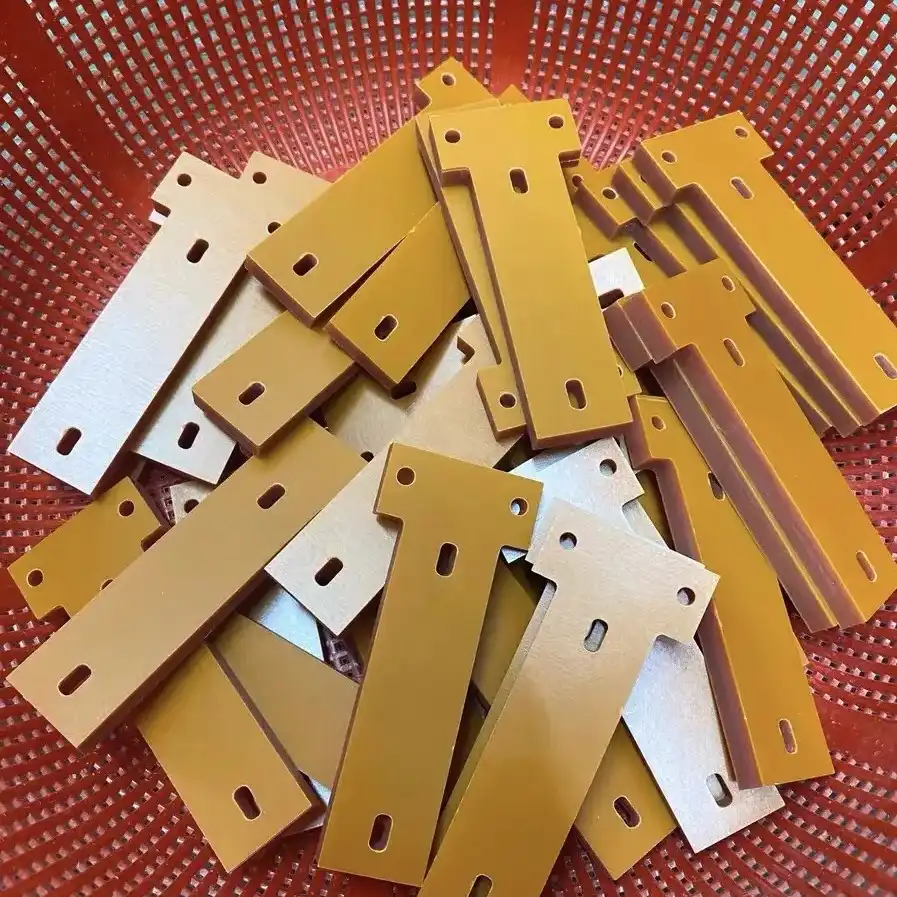
What Role Does Bakelite Board Play in High-Voltage Applications?
High-voltage applications require materials that can withstand significant electrical stress without breaking down. Bakelite board is well-suited for such applications due to its unique combination of properties.
Dielectric Strength and High Voltage
Due to its high dielectric strength, endurance Bakelite board can sustain high voltages without conductively breaking down. This characteristic is crucial in high-voltage applications where insulating materials must stop electrical arcing and short circuits, like power transformers, switchgear, and circuit breakers.
Thermal Stability in High-Voltage Environments
When in use, high-voltage equipment frequently produces a lot of heat. The capacity of Bakelite board to withstand high temperatures without losing its insulating qualities is known as its thermal stability. In order to avoid malfunctions and guarantee the ongoing safe functioning of high-voltage systems, this stability is essential.
Mechanical Strength and Durability
Materials used in high-voltage applications also need to be able to resist mechanical stresses including impact, compression, and vibration. Owing to its exceptional mechanical strength and longevity, Bakelite board finds application in high-stress settings. Its capacity to withstand stress without losing structural integrity guarantees that high-voltage components have dependable insulation and support.
Chemical Resistance in Industrial Settings
In industrial settings, where exposure to chemicals and hostile environments is prevalent, high-voltage equipment is frequently used. Because of its chemical resistance, Bakelite board can continue to function as an insulator even when exposed to industrial chemicals, oils, and solvents. The lifetime and dependability of high-voltage systems depend on this resistance.
Applications in Power Generation and Distribution
Bakelite board is used in various high-voltage applications within the power generation and distribution sectors. These include:
- Transformers: In transformers, Bakelite board is used as an insulator to assist keep the integrity of the electrical insulation system and prevent electrical arcing.
- Switchgear: Bakelite board in switchgear ensures dependable and safe operation by insulating busbars and other high-voltage components.
- Circuit Breakers: In circuit breakers, Bakelite board is used to support and insulate high-voltage contacts, therefore preventing electrical arcing and guaranteeing safe operation.
- High-Voltage Insulators: High-voltage insulators, which are necessary to avoid electrical arcing and guarantee the secure transfer of electrical power, are also made from Bakelite board.
Safety and Reliability
High-voltage applications require utmost safety and dependability. Because of its exceptional mechanical strength, chemical resistance, dielectric strength, and thermal stability, Bakelite board is an excellent choice for high-voltage equipment insulation that is both dependable and safe. It is a reliable material in the most demanding electrical engineering applications because of its resistance to mechanical, thermal, and electrical stresses.
Conclusion
Bakelite board is a versatile and reliable material in electrical engineering, offering excellent insulating properties, thermal stability, mechanical strength, and chemical resistance. Its applications in circuit boards, electrical insulation, and high-voltage systems demonstrate its critical role in modern electrical engineering. Whether used in consumer electronics, industrial machinery, or power generation and distribution, Bakelite board continues to be a valuable material for ensuring the safety, reliability, and efficiency of electrical systems.
References
1. "Understanding the Use of Bakelite in Electrical Engineering," Electrical Materials Review.
2. "Properties and Applications of Bakelite Board," Industrial Insulation Journal.
3. "Comparative Analysis of Electrical Insulation Materials," Engineering Materials Today.
4. "High-Voltage Applications of Bakelite Board," Power Systems Engineering Journal.
5. "The Role of Bakelite in Modern Electronics," Electronics Design and Development.

